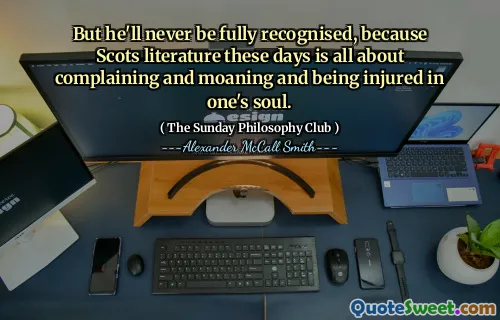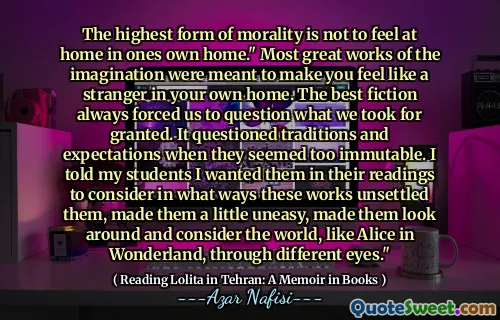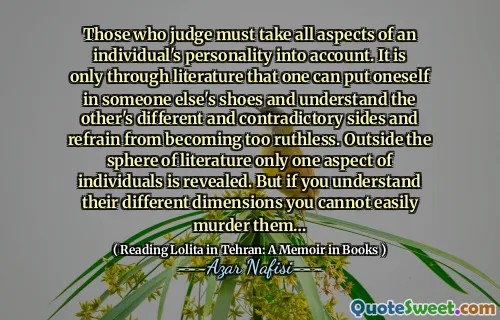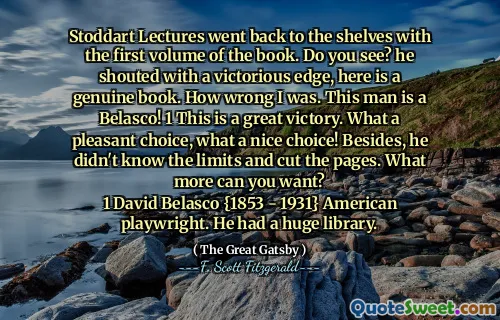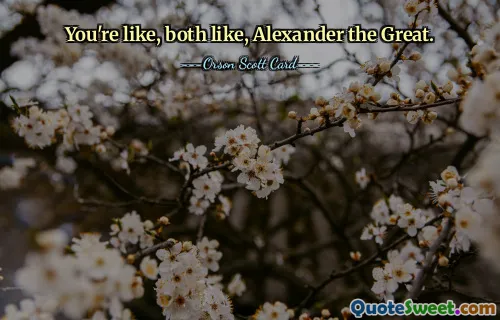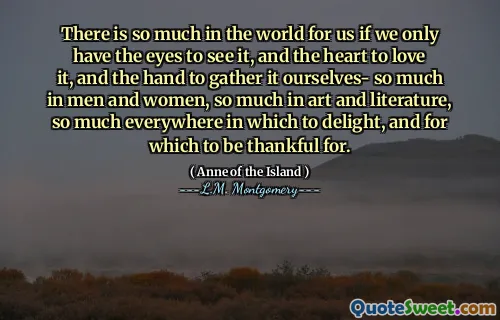Literary criticism, as I attempt to practice it, is in the first place 'literary', which is to say personal and passionate. It is not philosophy, politics, or institutionalised religion. At its strongest - Johnson, Hazlitt, Charles Augustin Sainte-Beuve, and Paul Valéer, among others - it is a kind of wisdom literature, and so a meditation upon life. Yet any distinction between literature and life is misleading. Literature for me is not merely the best part of life; it is itself the form of life, which has no other form.
Harold Bloom emphasizes that literary criticism, as he understands and practices it, is deeply personal and infused with passion, distinguishing itself from philosophy, politics, and organized religion. Strong literary critiques echo the insights of past literary figures such as Johnson and Hazlitt, presenting a rich form of wisdom literature that reflects on the human experience.
Bloom further argues that literature is not just a reflection of life's best moments, but rather an intrinsic part of life itself. For him, literature embodies the very essence of existence, suggesting that life and literature are intertwined, with each shaping the understanding of the other.
